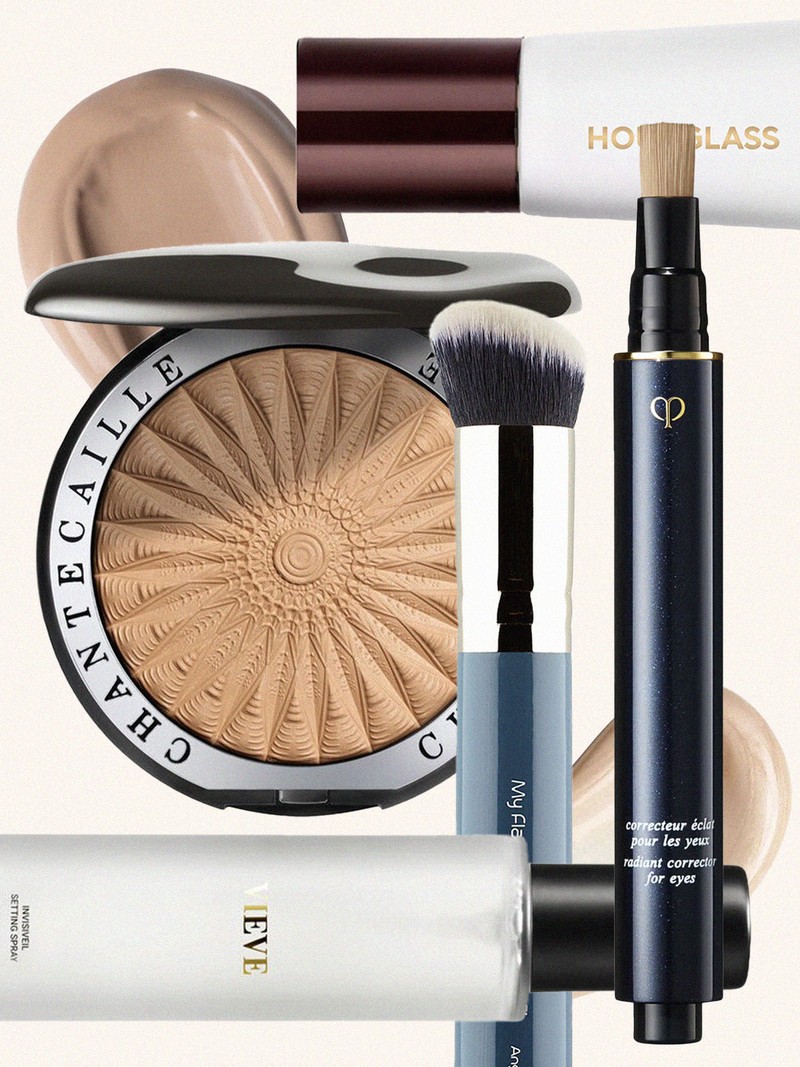
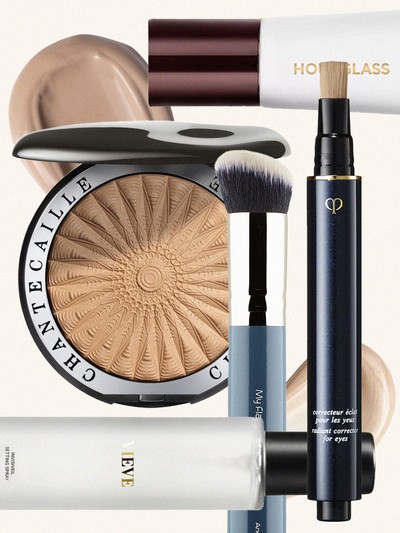
9 Ways To Stop Your Make-Up Creasing
Understand The Problem
“Generally speaking, make-up creases because it mixes with the natural oils on the skin or the oils in your skincare. Or there might not be enough moisture in your skin, causing make-up to settle into dehydration lines. This can also happen if you’re not setting make-up into place with the right products.” – Zara Findlay, make-up artist
“Make-up can also crease as your face moves, especially when you use products that aren’t designed to set – like cream formulas. Of course, hot weather can have an impact too. Having said all that, in certain places, like eyelids, a little creasing can look cool and lived-in, so it’s not always a bad thing.” – Zoë Taylor, make-up artist & SL contributor
Consider Texture
“Creasing usually occurs when the eyelids are oily – either from product or oils naturally present in the skin. Certain textures are more prone to creasing than others, like cream shadows and glosses, whereas powders tend to stay put. To prep your lids, sweep translucent powder over your sockets with a blending brush to help your eyeshadow stay locked in place.” – Emma Day, make-up artist
Invest In The Right Eye Base
“Applying a long-wear eye base (not a concealer) before you apply any shadow will make the biggest difference. These products are designed to help shadow adhere onto the eye and prevent any slippage or breakdown. A lot of people use concealer on the lids in the hope it will act like a primer, but they tend to have more oils in them which actually causes products to crease even more. It’s important to use a specific eye cream around your eyes too. If you’re just using your normal face cream, it will likely be heavier and will break down make-up faster. Keep any skincare you apply to this area as light as possible to prevent interference.” – Zara
“You can also try mixing an eye primer into a cream eyeshadow. It’s easy to do and gives everything better staying power. Think of an eye primer like a sealant or a concrete base – take it all around the eye area and to the outer corners of the eyes to stop foundation settling into fine lines.” – Jessica Kell, make-up artist.
Apply Light Layers In The Correct Order
“With face make-up, it’s all about applying your products in the right order to prevent creasing. Start with a lightweight but hydrating moisturiser – Chanel’s Hydra Beauty Crème is my go-to. Follow up with your base, but don’t go too heavy. Try instead to get the coverage you need from your concealer – Tarte Cosmetics does a brilliant one and it never creases. Keep your layers light and apply them in deft, lightweight motions.” – Zoë
“From skincare to foundation and everything on top of that, you need to keep it all as sheer as possible. Start with your thinnest textures and only apply thicker formulas to the areas that need it. When it comes to foundation, start with a very light layer at the centre of your face and see where you need more coverage. If you have anything else that needs concealing, mix a tiny amount of concealer with the foundation, applying it lightly only to areas that need it. Go over everything with a fluffy brush to help your product set. This technique will help everything look more refined.” – Jessica
Find The Right Concealer Type
“Liquid formulas with a radiant finish are best for under the eye. Avoid anything really high coverage – a concealer that you use over a spot, for instance, can be way too heavy and this is how creasing or make-up sitting in fine lines becomes noticeable. Bobbi Brown’s Corrector neutralises any darkness, layer this lightly under a concealer – those by NARS, Monika Blunder and Clé de Peau are loved by all.” – Emma
Prevent Your Make-Up Pilling
“Pilling happens when make-up clumps together into little balls and rolls off the skin – it’s almost as frustrating as creasing. The culprit is usually excess skincare that hasn’t sunk in properly, or when too many different formulas are sitting on top of each other. To counteract this, apply your formulas slowly and thoroughly, letting them sink in properly before you go in with the next layer. It will ensure your make-up stays put longer.” – Zara
“A great powder can make all the difference between well-set make-up and make-up that creases gradually throughout the day. Choose powders that are finely milled – remember you’re not looking for extra coverage, it’s about keeping everything secure. Use a flat foundation brush to pat and press the powder into place – you’ll find it makes a huge difference.” – Jessica
Use Powder Wisely
“Stipple your powder onto your face with a stiff, short-haired brush. This will set the make-up properly as the shorter bristles limit movement on the skin, which will prevent any unnecessary creasing. Keep your application light and only apply powder to areas that look shiny or are prone to grease.” – Zoë
Keep Skin Hydrated
“Dehydrated skin is another reason why make-up creases. If your complexion feels tight or flaky, use a setting or moisturising face mist first. They work brilliantly when used as the last step of your skincare regime to prevent the skin from drying out during the day.” – Zara
“Hybrid primers prep, hydrate and protect all at once. Using one can minimise the number of different products sat on your skin, so there’s less risk of creasing as the day wears on. Sticky SPFs can be a real issue when it comes to make-up turning cakey. Hello Sunday's The One That's Got It All is one of my favourites.” – Jessica
Don’t Neglect Brushes
“Brushes are so crucial when it comes to applying make-up that will stay all day. Try applying your base (both foundation and concealer) with the MyKitCo 0.7 Foundation Brush, before finishing with a dampened sponge – it’s a great way of pushing the products deep into the skin and setting them firmly in place.” – Zoë
“Hands are great, but they can be quite oily, so where possible use brushes. It goes without saying that any brush you use should be clean – dirty brushes will have oils inside the bristles that have collected over time, and this will cause make-up to crease and slip.” – Zara
SHOP THE EXPERTS' PICKS
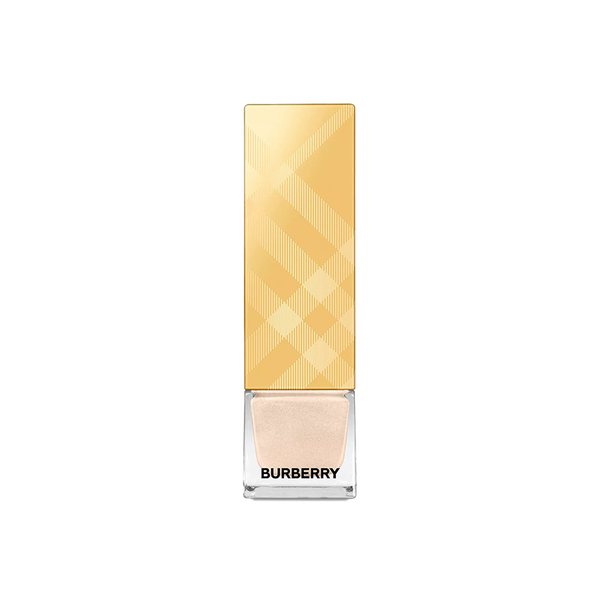
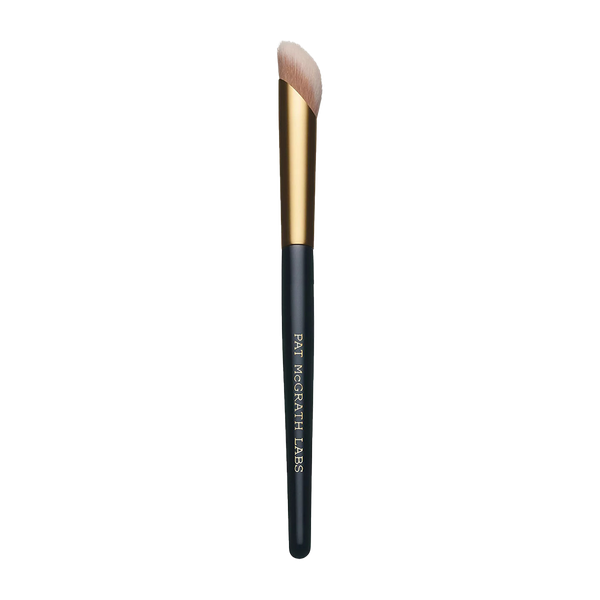
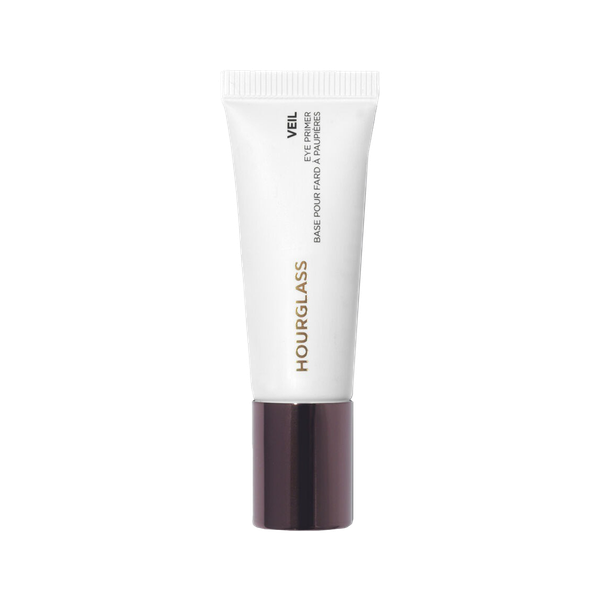
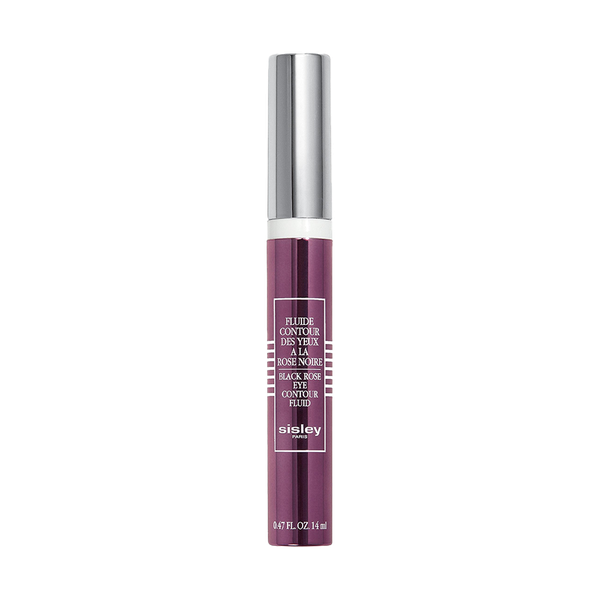
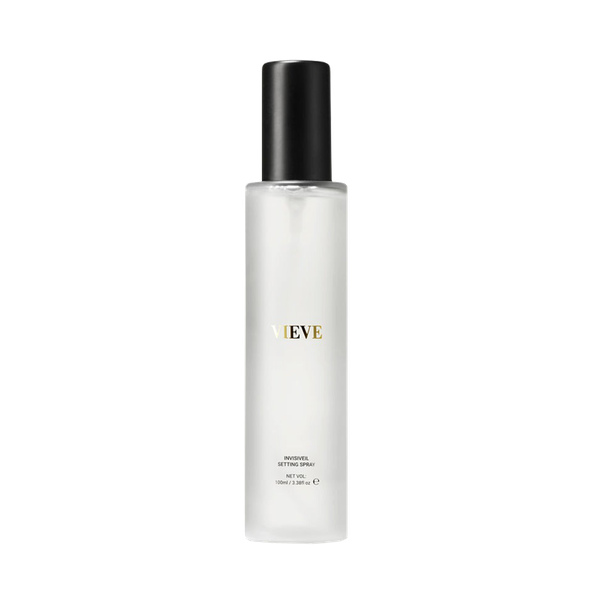
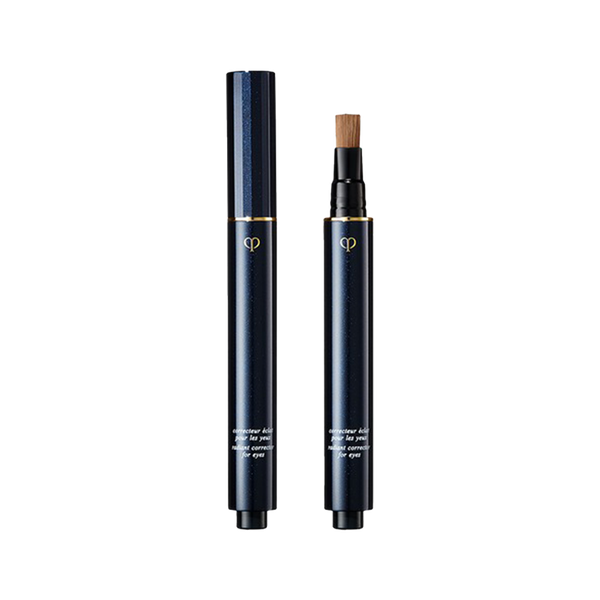
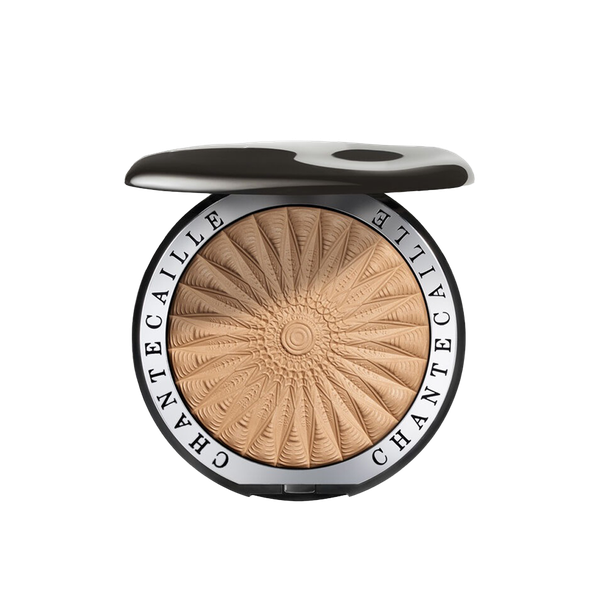
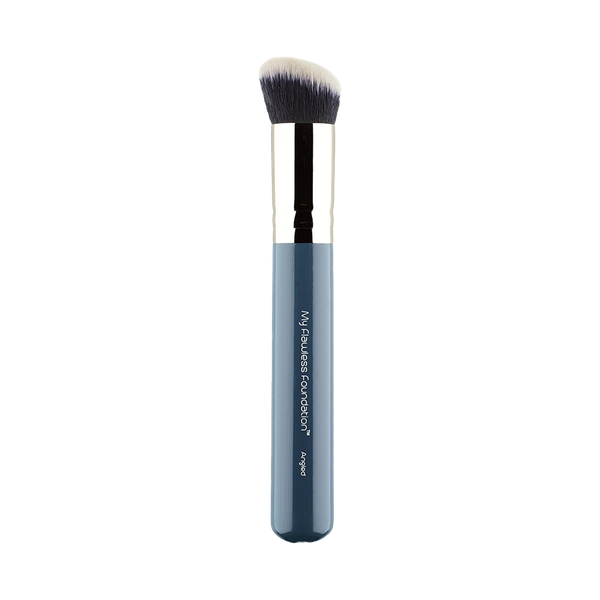
DISCLAIMER: We endeavour to always credit the correct original source of every image we use. If you think a credit may be incorrect, please contact us at info@sheerluxe.com.

